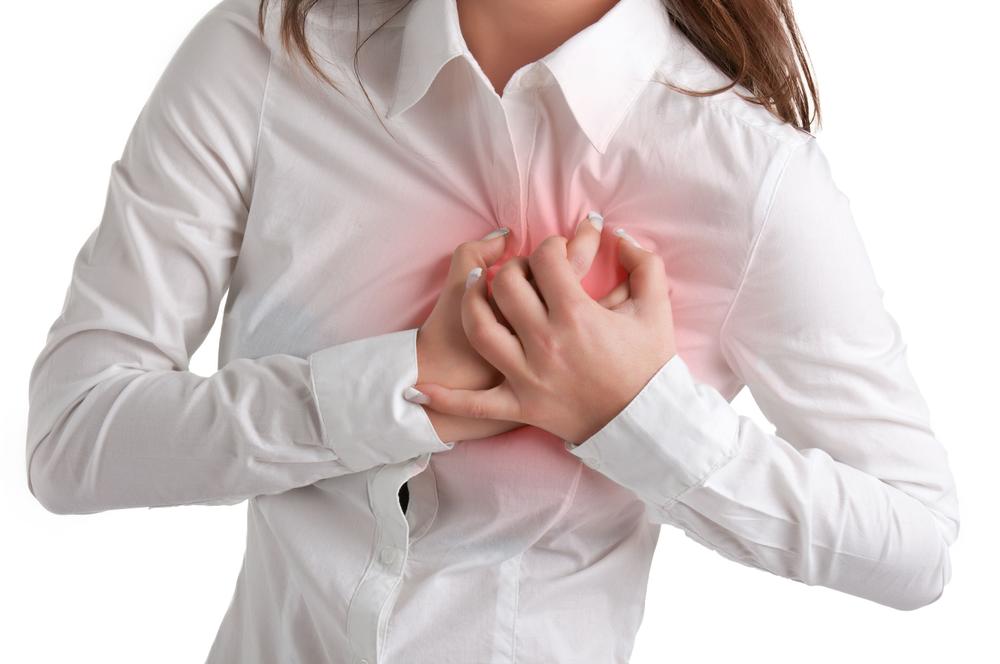Here are the 13 most common: Symptoms of cardiovascular disease vary depending on the condition you have
Cardiovascular diseases (CVD) are diseases that affect the heart or blood vessels (veins and arteries).
They can be caused by a combination of behavioral, socioeconomic and environmental risk factors, including poor diet, tobacco use, physical inactivity, harmful alcohol use, air pollution, high blood pressure, high cholesterol, diabetes, obesity, kidney diseases and stress. Family history, ethnicity, gender, and age can also affect the risk of cardiovascular disease.
What are the different types of cardiovascular disease?
Heart disease
Coronary heart disease, sometimes called coronary artery disease or ischemic heart disease, is the most common type of heart disease. It refers to heart problems caused by narrowed coronary arteries that supply blood to the heart muscle. In some people, the first sign of coronary heart disease is a heart attack.
Heart attack
A heart attack or myocardial infarction occurs when, usually due to the formation of a blood clot, the blood flow to the heart stops. Without oxygen and nutrients, the heart muscle begins to die. A heart attack can cause permanent damage to the heart and can be fatal, especially if immediate medical attention and treatment are not provided.
Stroke
A stroke occurs when blood flow to the brain is interrupted, causing the brain to lose its vital supply of oxygen and nutrients. A stroke can be caused by a blood clot in a brain artery or by a blood vessel in the brain bursting and bleeding, damaging brain tissue.
Other conditions:
– Arrhythmia – irregular or abnormal functioning of the heart
– Aortic disease (including aortic aneurysm) – disease that causes the aorta to dilate or rupture
– Cardiomyopathies – diseases of the heart muscle
– Congenital heart disease – problems with the heart or blood vessels that are present at birth
– Deep vein thrombosis and pulmonary embolism – blood clots in the veins of the legs, which can break free and reach the heart and lungs through the bloodstream
– Heart failure – a condition in which the heart does not pump blood as it should
– Heart valve disease – disease of the heart valves that keep blood flowing through the heart
– Disease of the pericardium (pericarditis) – inflammation of the thin covering of tissue that surrounds the heart
– Rheumatic heart disease – damage to the heart muscle and heart valves from rheumatic fever, caused by streptococcal bacteria
– Vascular disease (disease of the blood vessels) – any condition that affects the blood vessel system
– Peripheral vascular disease (including peripheral arterial disease) – disease of the blood vessels supplying the arms and legs
– Cerebrovascular disease – disease of the blood vessels that supply the brain
What are the symptoms of cardiovascular disease?
It is important to know that cardiovascular diseases do not have to be accompanied by symptoms for a long time, and the first sign can be a heart attack or stroke.
Symptoms of cardiovascular disease vary depending on the condition you have and may include:
– chest pain, tightness, pressure and discomfort in the chest
– pain, weakness or numbness in the legs and/or arms
– pain or discomfort in the arms, neck, shoulders, jaw and back
– shortness of breath/difficulty breathing
- getting tired quickly during exercise or other activities
– changes in heart rhythm
– very fast or slow heartbeats, intense heart palpitations or fluttering in the chest
– dizziness, lightheadedness or fainting
– weakness or fatigue
– swelling of the hands, legs, ankles or feet
- fever
– skin rash or unusual spots
– dry or persistent cough
The most common symptoms of a heart attack in men are intense chest pain, pain in the left arm or jaw, and shortness of breath.
Although women may have some of the same symptoms, their pain is more often diffuse, spreading to the shoulders, neck, arms, abdomen and back. Women may experience pain more like indigestion and pain that may not be constant. Absence of pain is also possible, but inexplicable anxiety, nausea, dizziness, palpitations and cold sweat may occur. A heart attack in women can be preceded by unexplained fatigue. Women are also more likely to have more severe first heart attacks that lead to death than men.



